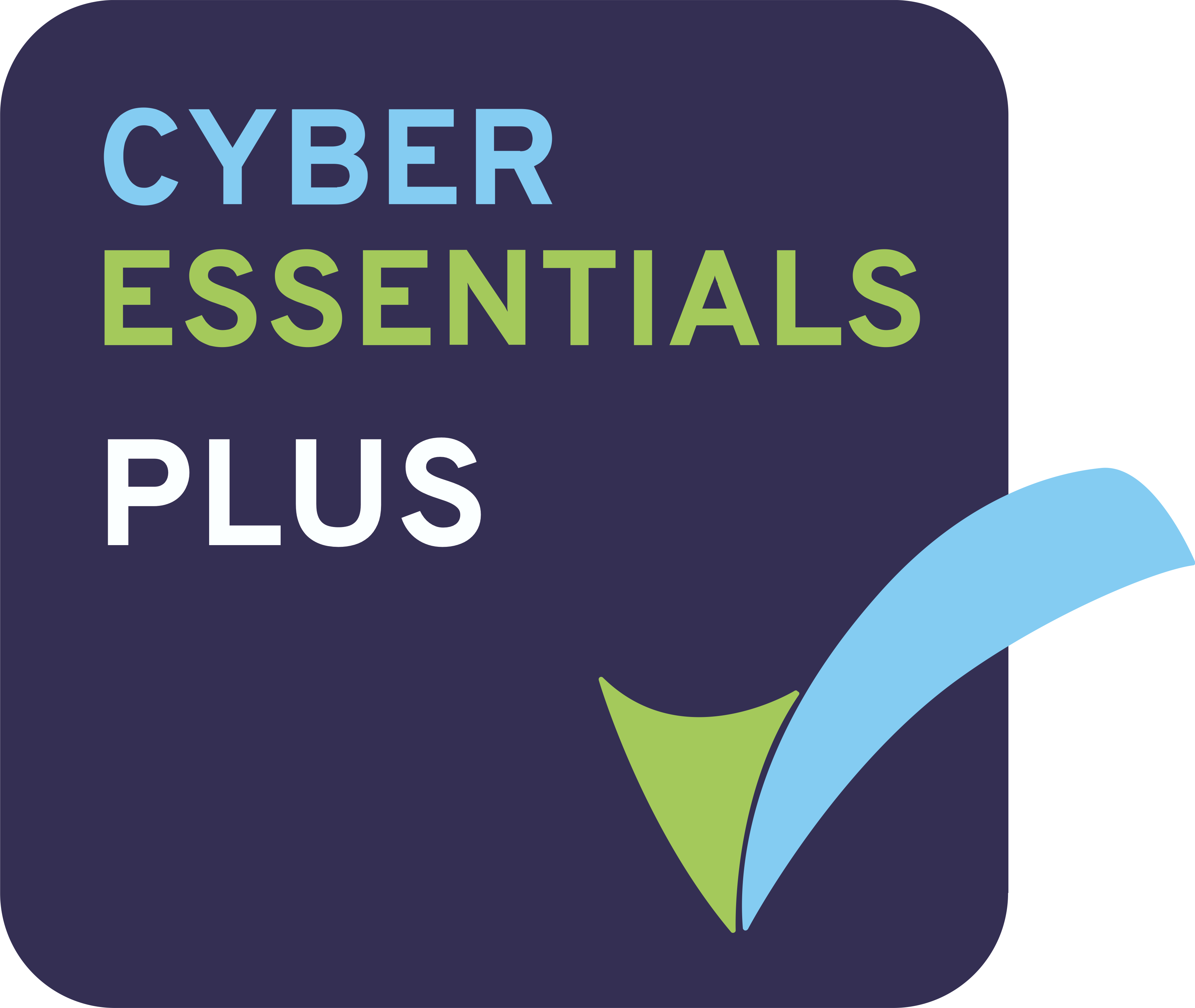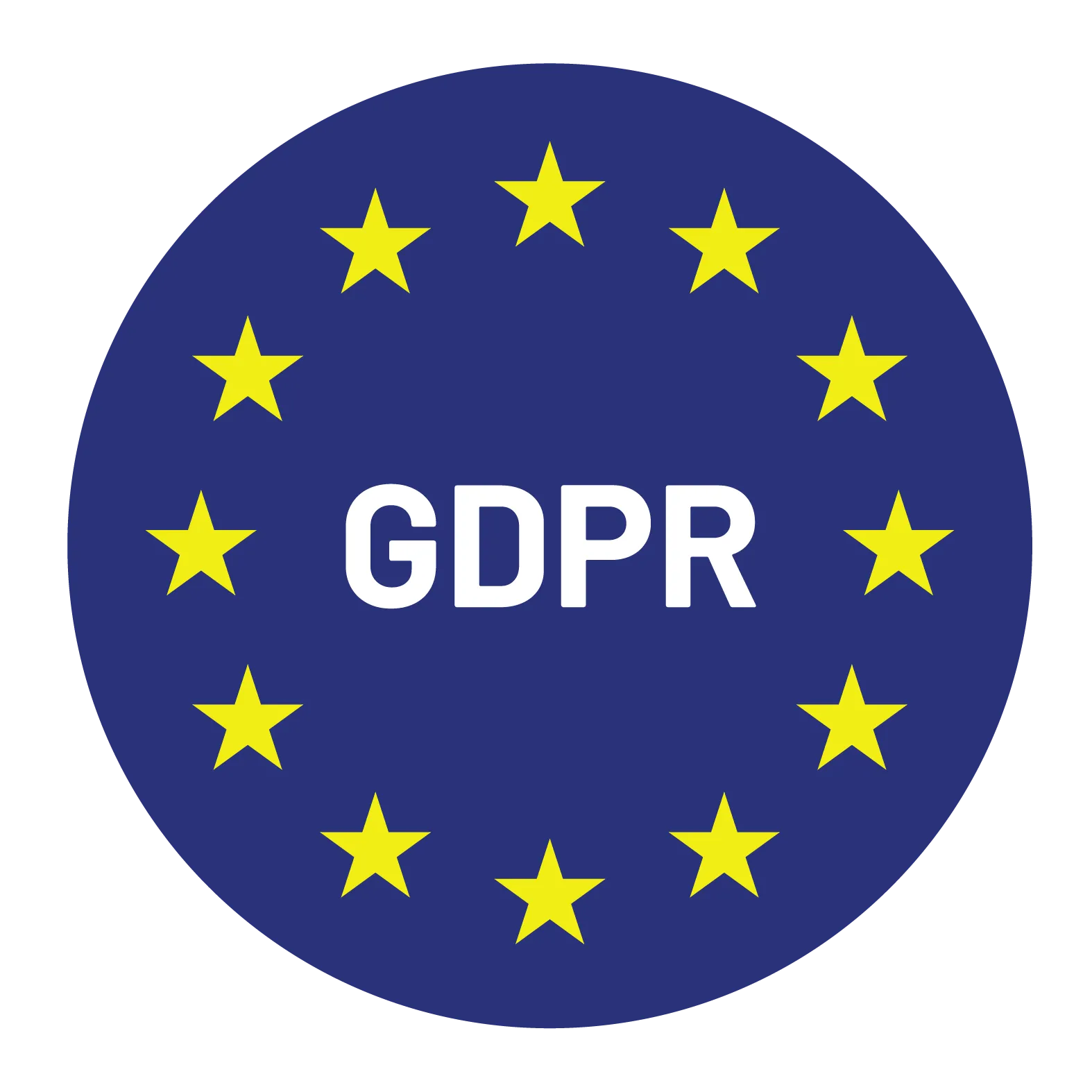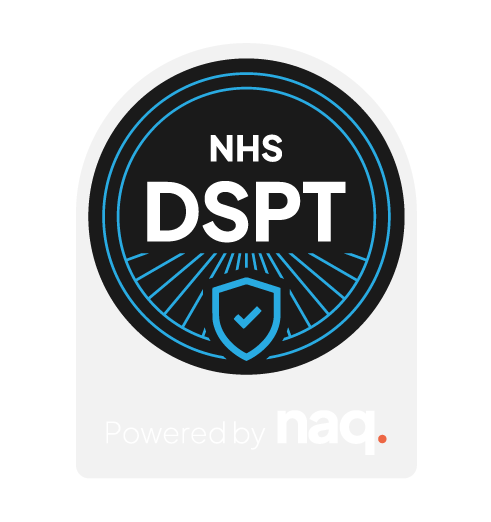DESCRIPTION
In child care homes, protecting young residents' well-being is paramount, making robust digital security crucial. This article provides eleven essential tips for creating strong passwords to safeguard sensitive information. It emphasizes the importance of password length, complexity, and uniqueness for each account, along with regular updates and the use of password managers. The summary concludes by highlighting the significance of vigilance against phishing and promoting education about online security practices. These measures help child care homes mitigate cyber risks and ensure the safety of their digital environments.
When
April 2024
Who
Paula Martinez

In childrens care homes, where the protection and well-being of young residents are paramount, ensuring robust digital security measures is equally crucial. Strong passwords serve as a fundamental shield against unauthorized access to sensitive information within these environments. Whether it's safeguarding personal resources, medical records, or communication platforms, implementing best practices for password management is essential. Let's delve into why having strong passwords is particularly vital in child care homes and how it contributes to the overall safety and integrity of these environments.
11 tips to create a strong password
1. Length Matters: The longer your password, the harder it is for attackers to crack it using brute-force methods. Aim for passwords that are at least 12 characters long, and consider using even longer ones when possible.
2. Complexity is Key: A strong password should include a mix of uppercase and lowercase letters, numbers, and special characters. Avoid using easily guessable patterns or common words, as these can be vulnerable to dictionary-based attacks
3. Avoid Personal Information: Steer clear of using easily obtainable personal information such as your name, birthdate, or pet’s name in your passwords. Hackers often gather such details from social media profiles or public records to guess passwords.
4. Unique for Each Account: Reusing passwords across multiple accounts is risky, as a breach on one platform could compromise all your accounts. Generate unique passwords for each account to mitigate the impact of a potential security breach.
5. Use Passphrases: Passphrases are longer, easier-to-remember combinations of words or phrases. They offer increased security while remaining memorable. For example, “purpleelephantstravel2019” is both strong and easier to recall than a random string of characters.
6. Avoid Common Passwords: Stay away from commonly used passwords such as “password,” “123456,” or “qwerty.” These are among the first passwords hackers attempt when trying to breach an account.
7. Regularly Update Passwords: Set a schedule to periodically change your passwords, especially for sensitive accounts like email, banking, and social media. Updating passwords regularly reduces the risk of unauthorized access due to data breaches or security vulnerabilities.
8. Enable Two-Factor Authentication (2FA): Even with a strong password, adding an extra layer of security through 2FA significantly enhances your account’s defenses. This typically involves receiving a one-time code via SMS, email, or an authenticator app to verify your identity during login.
9. Consider Password Managers: Keeping track of numerous strong passwords can be challenging. Password management tools such as LastPass, Dashlane, or 1Password can securely store and generate complex passwords for all your accounts, alleviating the burden of memorization.
10. Stay Vigilant Against Phishing: No matter how strong your password is, it’s only as secure as the website or service it protects. Be cautious of phishing attempts, where attackers trick users into revealing their login credentials through deceptive emails, messages, or websites.
11. Educate Yourself and Others: Spread awareness about the importance of strong passwords and online security best practices among your family, friends, and colleagues. Educating others helps create a safer online environment for everyone.
In Conclusion
By following these best practices, you can significantly reduce the risk of falling victim to cyberattacks and protect your sensitive information from unauthorized access. Remember, the effort you invest in creating and managing strong passwords today can save you from potential headaches and financial losses in the future.
11 tips to create a strong password
1. Length Matters: The longer your password, the harder it is for attackers to crack it using brute-force methods. Aim for passwords that are at least 12 characters long, and consider using even longer ones when possible.
2. Complexity is Key: A strong password should include a mix of uppercase and lowercase letters, numbers, and special characters. Avoid using easily guessable patterns or common words, as these can be vulnerable to dictionary-based attacks
3. Avoid Personal Information: Steer clear of using easily obtainable personal information such as your name, birthdate, or pet’s name in your passwords. Hackers often gather such details from social media profiles or public records to guess passwords.
4. Unique for Each Account: Reusing passwords across multiple accounts is risky, as a breach on one platform could compromise all your accounts. Generate unique passwords for each account to mitigate the impact of a potential security breach.
5. Use Passphrases: Passphrases are longer, easier-to-remember combinations of words or phrases. They offer increased security while remaining memorable. For example, “purpleelephantstravel2019” is both strong and easier to recall than a random string of characters.
6. Avoid Common Passwords: Stay away from commonly used passwords such as “password,” “123456,” or “qwerty.” These are among the first passwords hackers attempt when trying to breach an account.
7. Regularly Update Passwords: Set a schedule to periodically change your passwords, especially for sensitive accounts like email, banking, and social media. Updating passwords regularly reduces the risk of unauthorized access due to data breaches or security vulnerabilities.
8. Enable Two-Factor Authentication (2FA): Even with a strong password, adding an extra layer of security through 2FA significantly enhances your account’s defenses. This typically involves receiving a one-time code via SMS, email, or an authenticator app to verify your identity during login.
9. Consider Password Managers: Keeping track of numerous strong passwords can be challenging. Password management tools such as LastPass, Dashlane, or 1Password can securely store and generate complex passwords for all your accounts, alleviating the burden of memorization.
10. Stay Vigilant Against Phishing: No matter how strong your password is, it’s only as secure as the website or service it protects. Be cautious of phishing attempts, where attackers trick users into revealing their login credentials through deceptive emails, messages, or websites.
11. Educate Yourself and Others: Spread awareness about the importance of strong passwords and online security best practices among your family, friends, and colleagues. Educating others helps create a safer online environment for everyone.
In Conclusion
By following these best practices, you can significantly reduce the risk of falling victim to cyberattacks and protect your sensitive information from unauthorized access. Remember, the effort you invest in creating and managing strong passwords today can save you from potential headaches and financial losses in the future.



